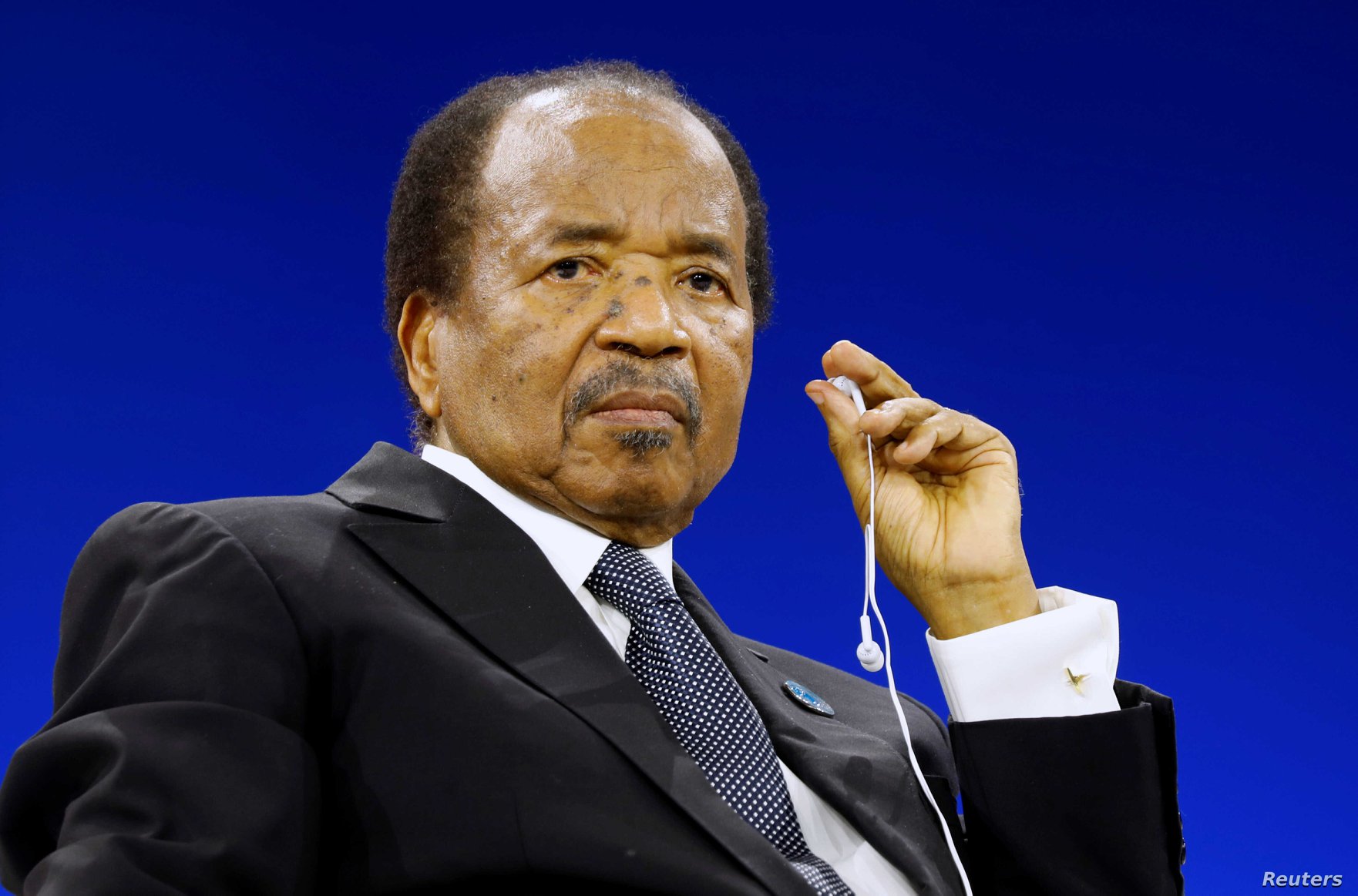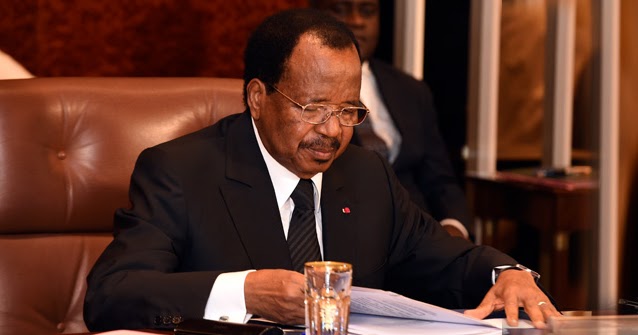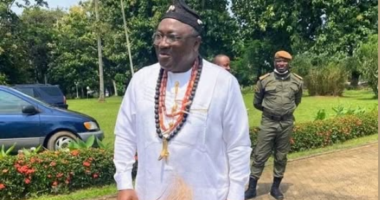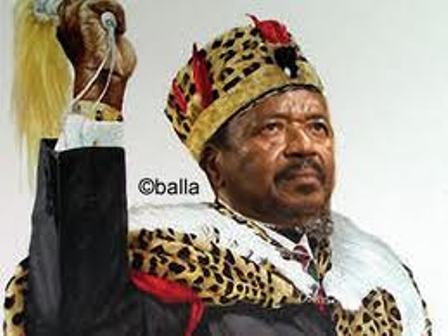Cameroon: Government Ignoring Anglophone Crisis, Says Human Rights Group
By Andre Momo
In a scathing new report, Amnesty International has condemned the Cameroonian government for its continued inaction in addressing the escalating human rights abuses in the country’s Anglophone regions. The report, which draws on evidence of atrocities committed by the military, armed separatists, and local militias, highlights the government’s failure to investigate, prosecute, or take meaningful action against the perpetrators of these crimes.
Since the conflict in Southern Cameroons erupted in late 2016, the violence has intensified, with civilians bearing the brunt of the suffering. Despite the international community’s calls for accountability, the Biya regime remains largely silent, obstructing investigations and failing to implement reforms that could put an end to the spiral of violence.
Escalating Violence and Unchecked Abuses
Amnesty International’s report, based on interviews with survivors, local organizations, and international human rights monitors, paints a disturbing picture of the ongoing conflict. The report details widespread human rights violations on all sides, but particularly highlights the role of the Cameroonian military in committing extrajudicial killings, arbitrary arrests, torture, and the destruction of entire villages.
In addition to the government’s atrocities, the report also condemns the armed separatist groups fighting for independence in the Anglophone regions. These groups have been responsible for kidnappings, recruitment of child soldiers, and violent attacks against civilians, further deepening the crisis.
Yet despite the mounting evidence, neither the military nor the separatist groups have been held accountable. In fact, Amnesty notes that many of the incidents documented in the report have never been properly investigated by the authorities. The lack of accountability fuels a climate of impunity, with little to no deterrent for those committing crimes.
Government Inaction: A Nation in Denial
Perhaps the most damning aspect of the Amnesty report is its assertion that the Cameroonian government has done little to nothing to address the abuses in the Anglophone regions. Despite clear documentation of human rights violations, the government has not initiated serious investigations, nor has it taken steps to stop the cycle of violence.
In fact, reports from human rights observers suggest that rather than facilitating peace or justice, the regime has consistently obstructed efforts to hold those responsible accountable. International calls for an independent investigation into the atrocities have been ignored, and the government has instead employed a strategy of silence and denial.
The government’s failure to act is not just a matter of neglect—it is a conscious choice to prioritize military suppression over peacebuilding, and to protect its security forces from scrutiny rather than confront the reality of their actions.
The Cost to Civilians
Civilians in the Anglophone regions are the primary victims of this unchecked violence. The conflict has displaced over a million people, many of whom are living in precarious conditions in neighboring countries or within Cameroon itself. Thousands of lives have been lost, and entire villages have been destroyed, with no hope of justice for the victims.
The blockade on education, healthcare, and infrastructure has made life in the Anglophone regions unbearable. Schools are frequently attacked or closed, hospitals are overwhelmed or abandoned, and communities are left without basic services. The longer this situation persists, the deeper the scars on the population, particularly on the younger generation, which risks growing up in a cycle of violence and poverty.
The International Community’s Role
Amnesty International’s report underscores the urgent need for international intervention. It calls on the international community to stop turning a blind eye to the suffering in Cameroon. Governments and organizations that continue to engage with the Biya regime—whether through economic ties, military aid, or diplomatic support—must press for an immediate end to the violence and for a genuine commitment to human rights and accountability.
Furthermore, international actors should push for the establishment of an independent, international investigation into the crimes committed by all parties in the conflict. Only through impartial and transparent investigations can Cameroon begin to heal and move toward a peaceful resolution.
BaretaNews: Demand for Accountability and Justice
At BaretaNews, we echo the calls for immediate action. The failure to hold perpetrators accountable is not just a violation of human rights—it is a betrayal of the victims who have endured unimaginable suffering. The Cameroonian government must stop ignoring the Anglophone crisis and begin to take real steps toward justice and peace.
We call for:
-
Immediate investigations into all human rights violations committed by the military, separatists, and militias.
-
International pressure on the Biya regime to allow independent investigations and to halt the militarization of civilian areas.
-
Support for victims and displaced persons, including access to education, healthcare, and psychosocial services.
-
A negotiated political solution that respects the rights and autonomy of the Anglophone people.
The time for inaction has passed. The Cameroonian people deserve justice, and the international community must hold all parties accountable for the crimes committed in this conflict.




